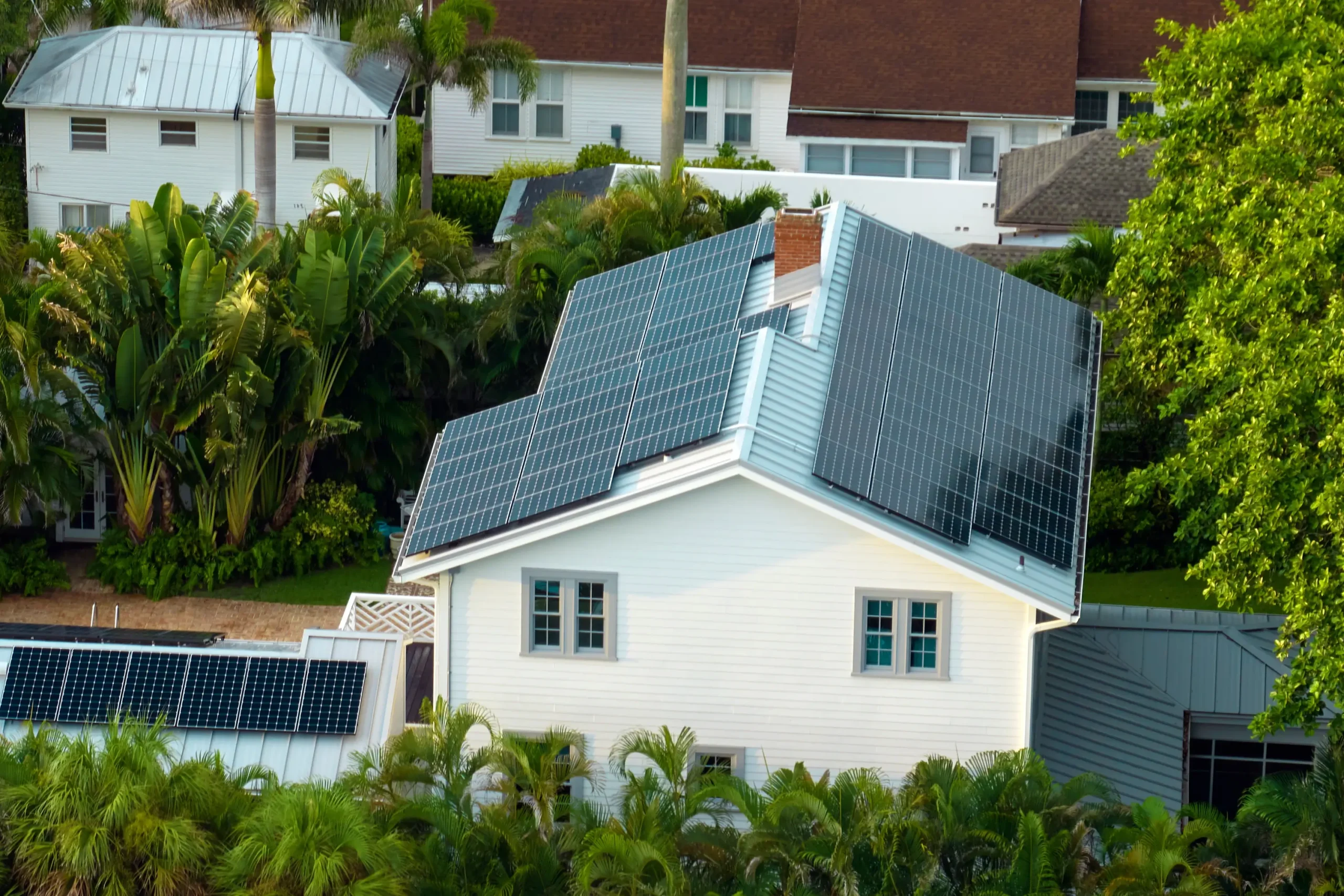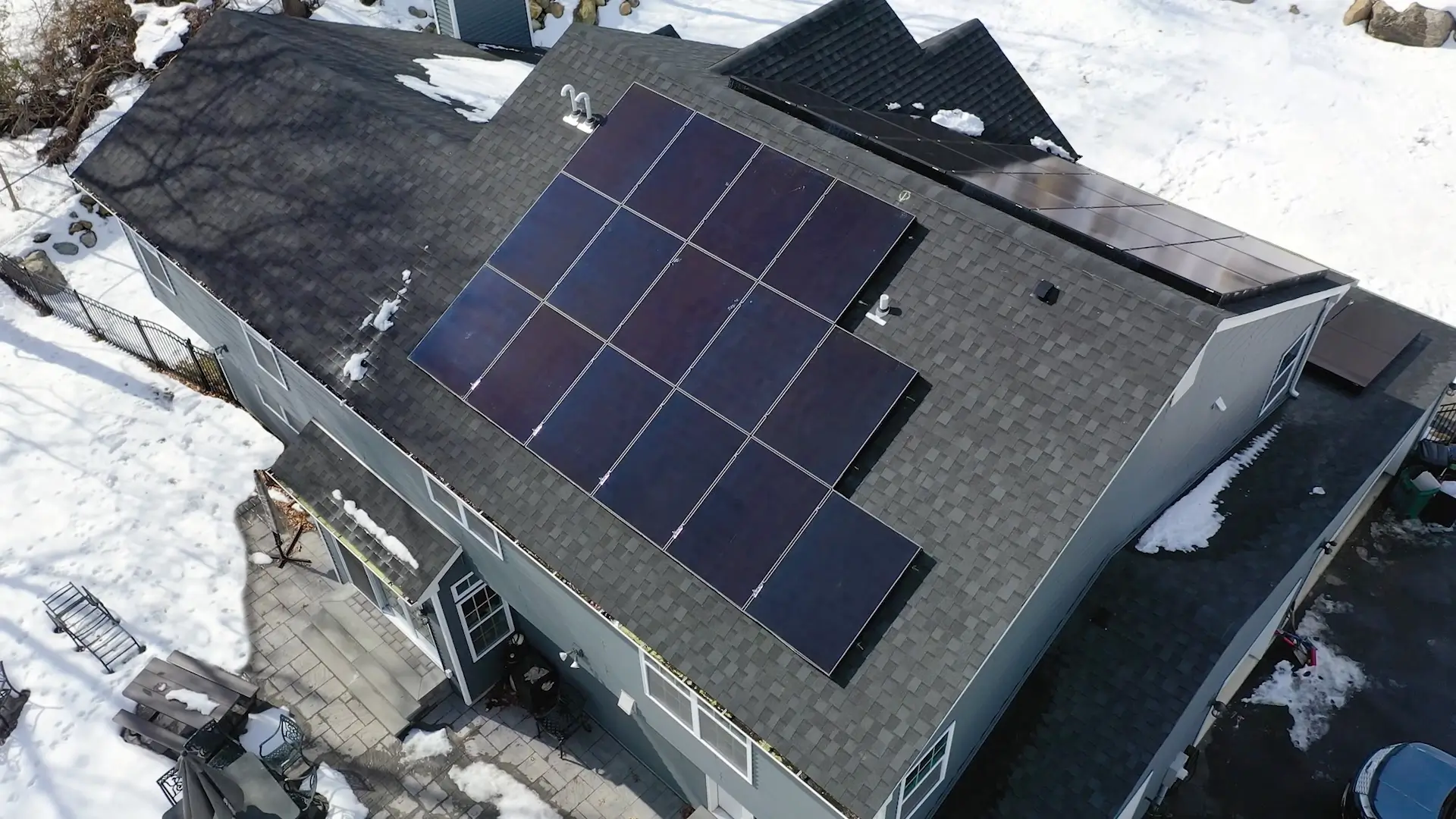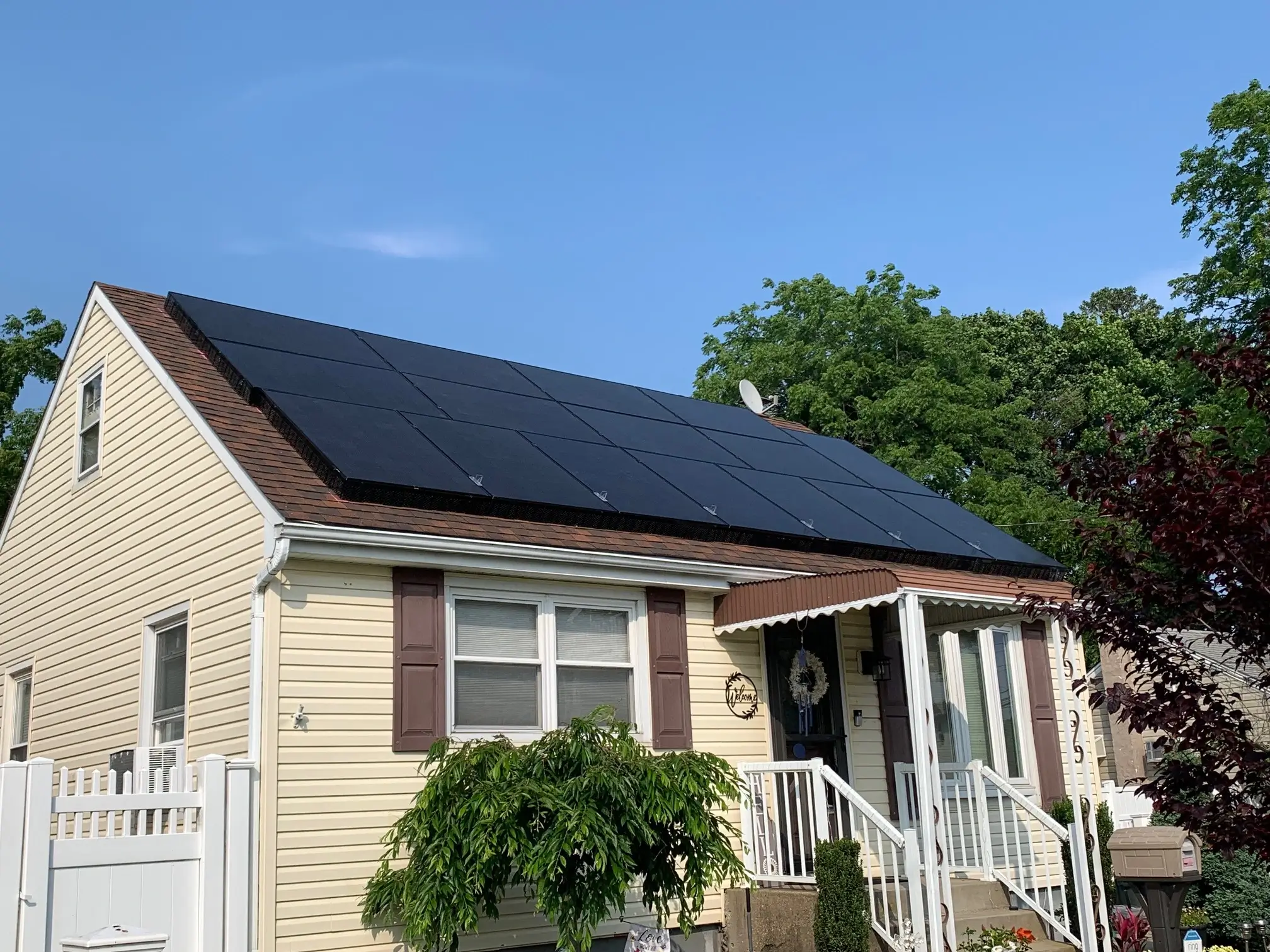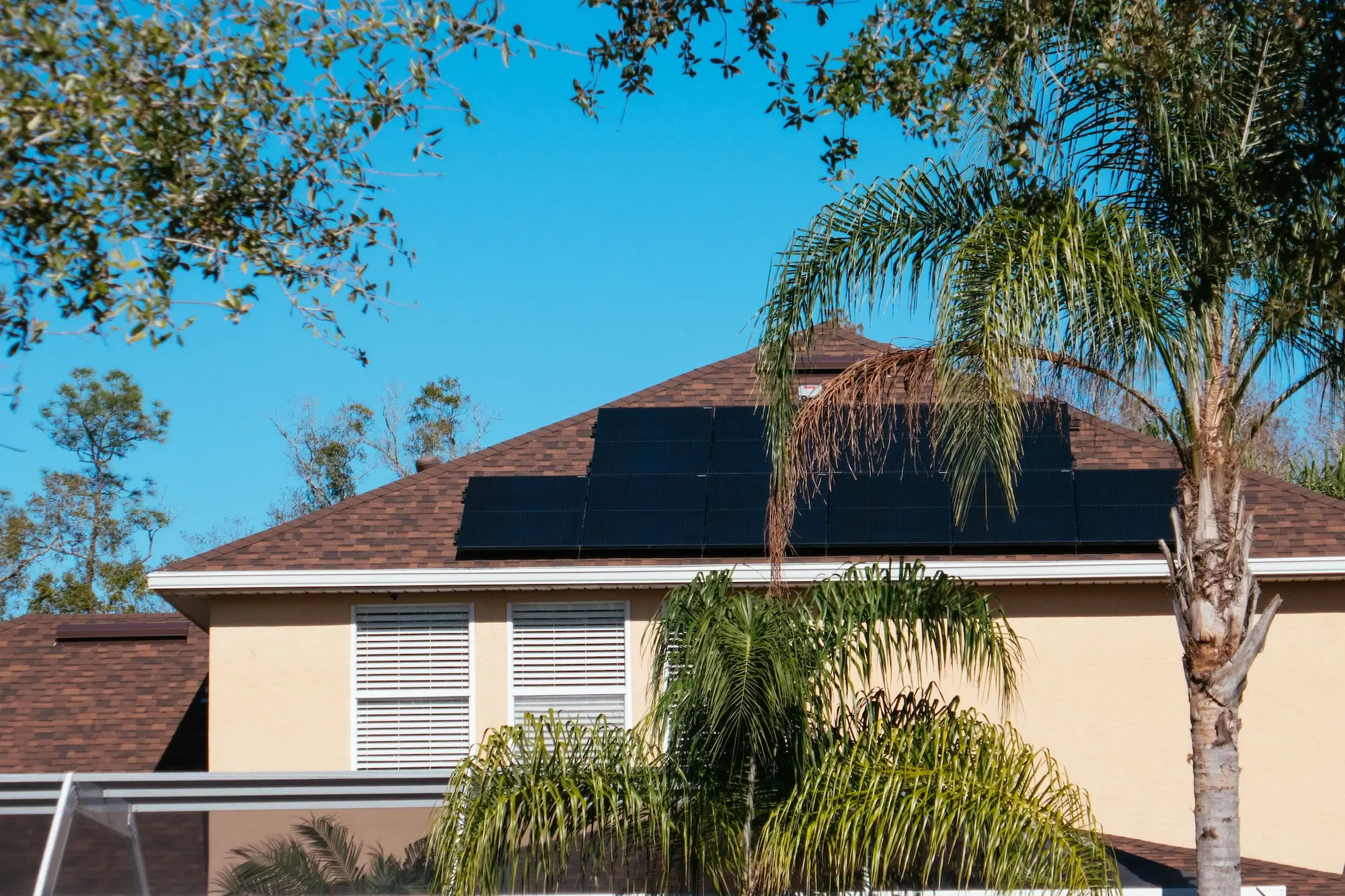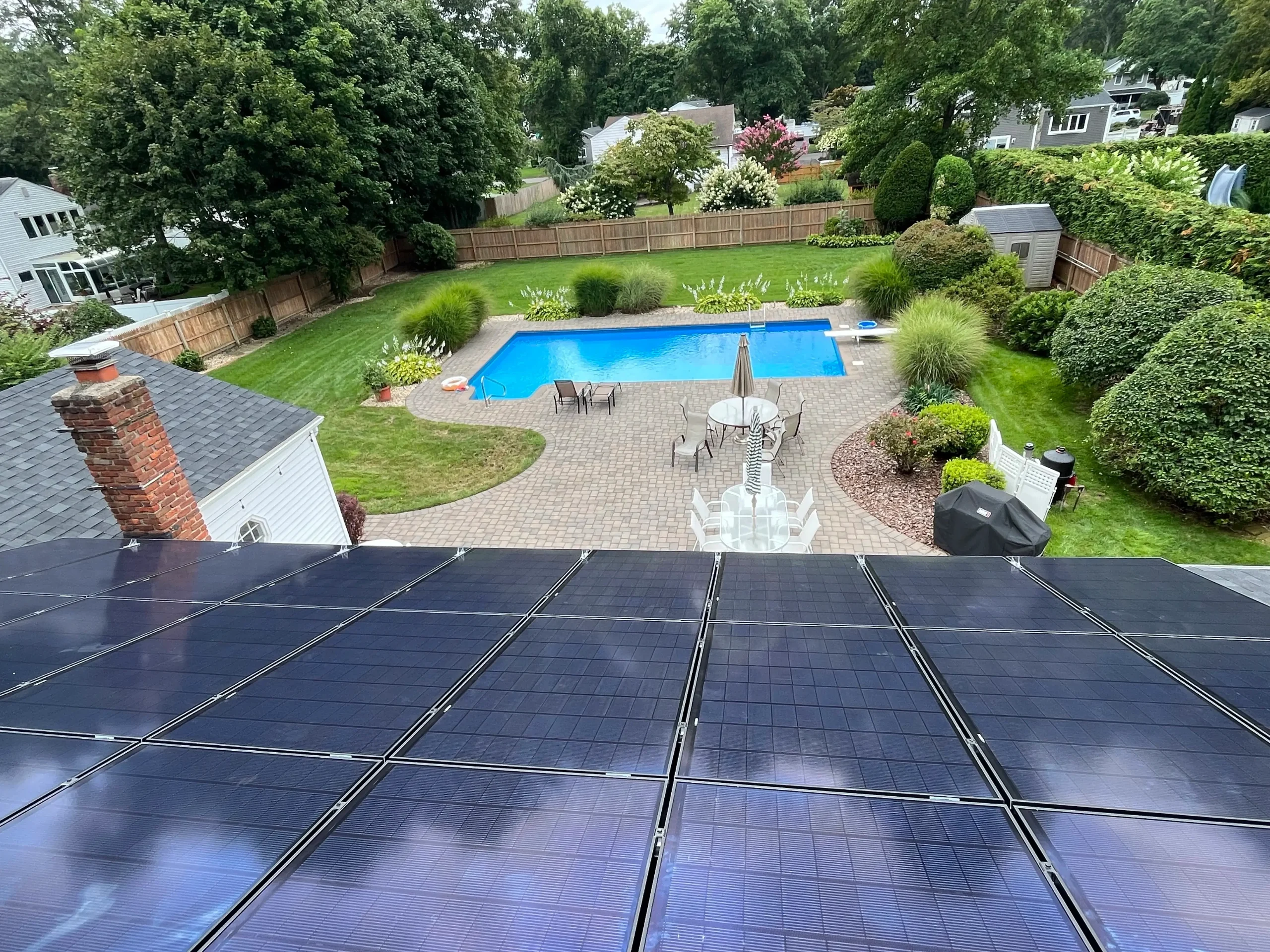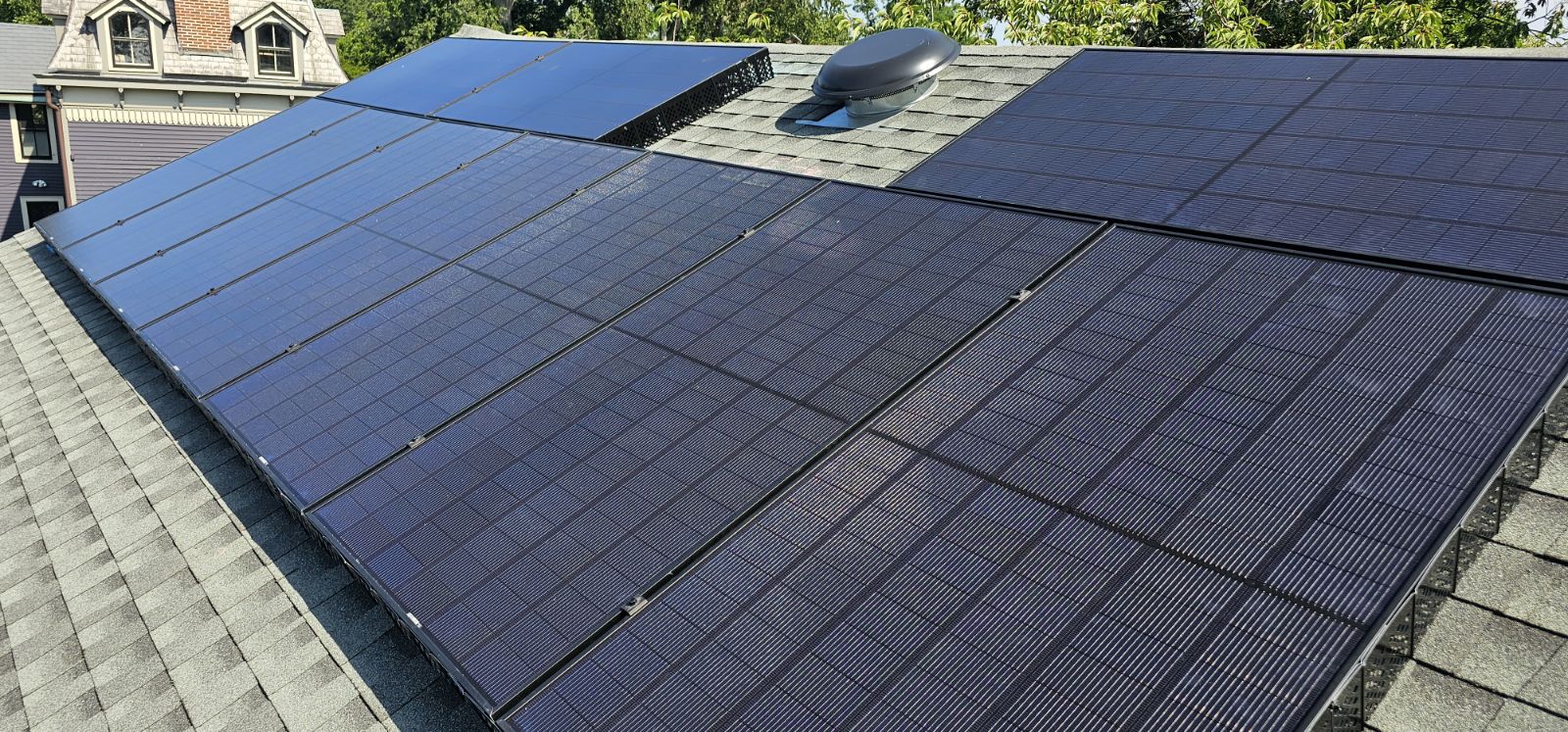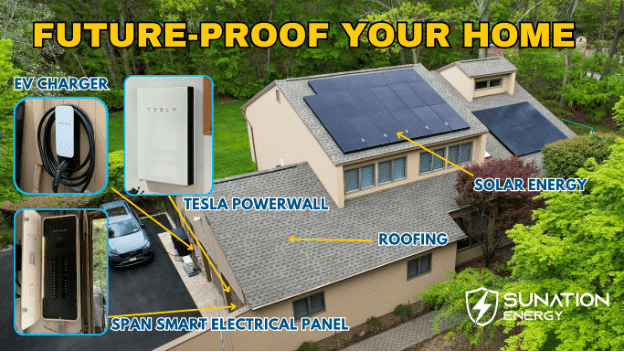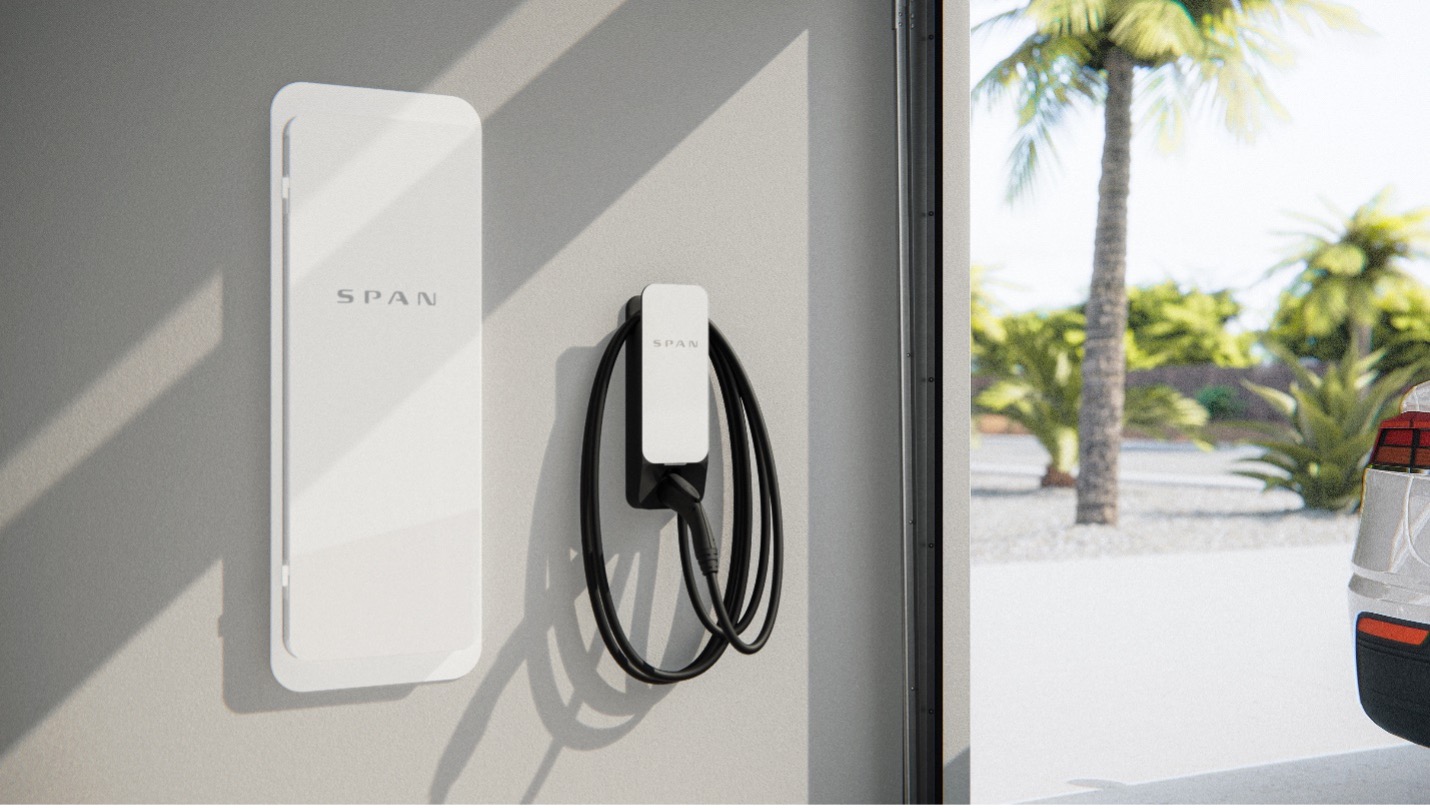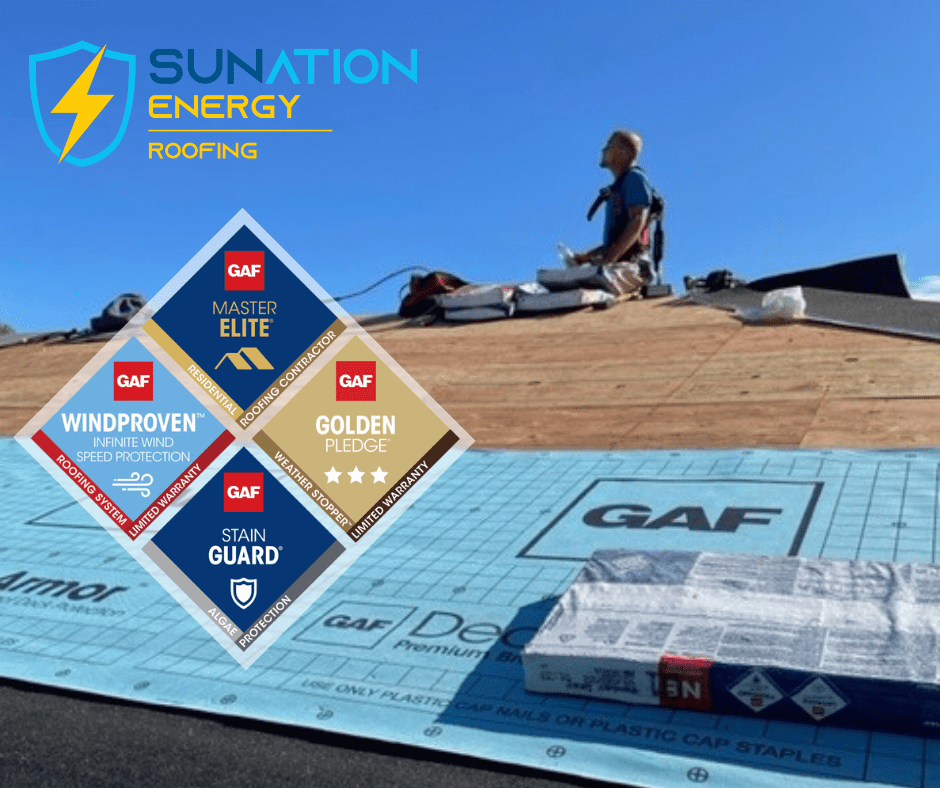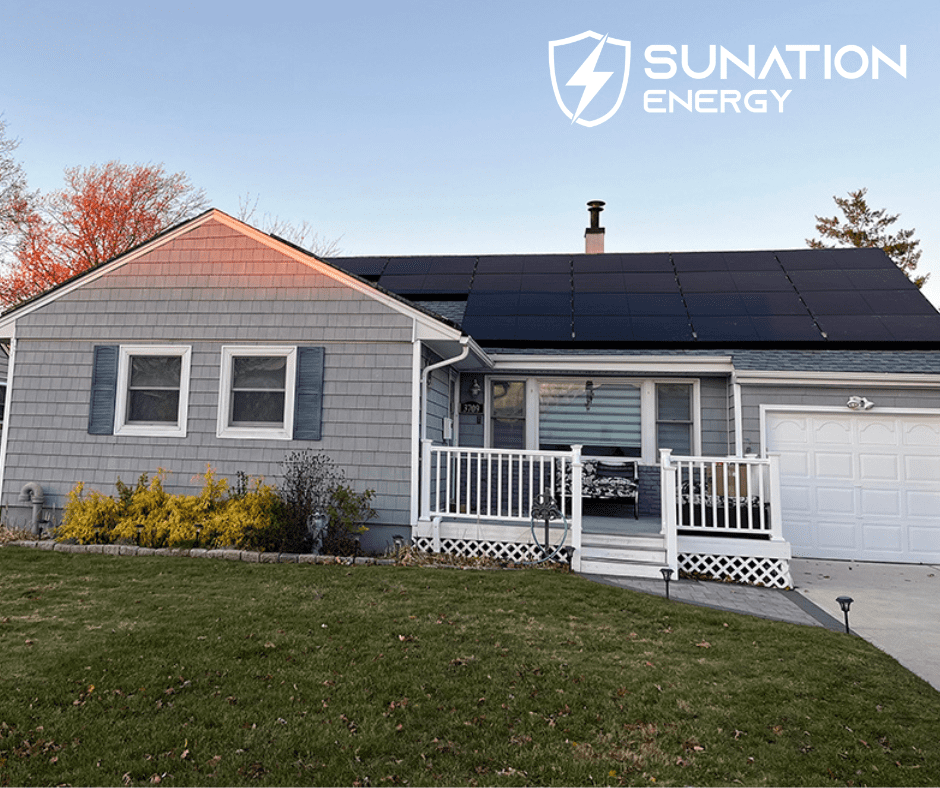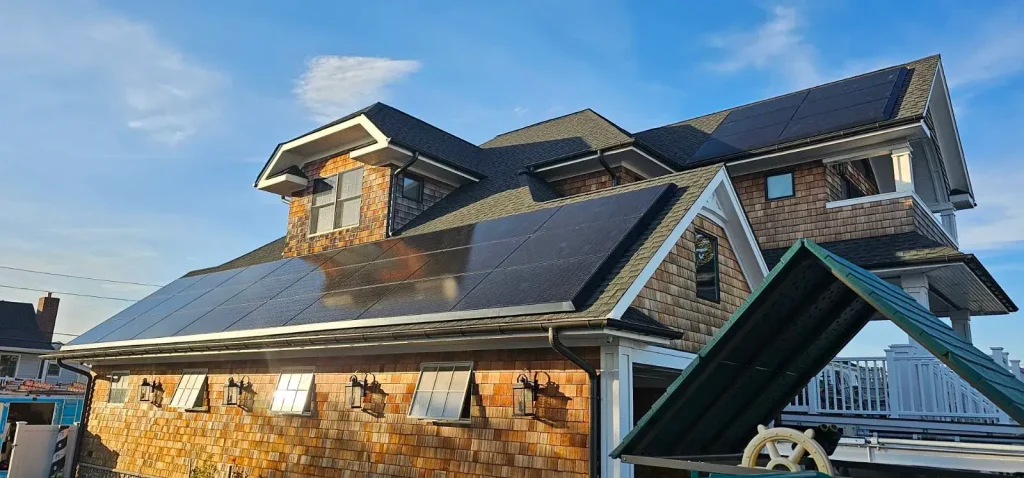
Solar panels have ushered in a remarkable era of sustainable energy generation, making a significant impact on our world. Solar panel’s ability to efficiently generate electricity from sunlight makes them champions of clean energy and a key component of the green energy equation. From reducing energy bills to minimizing carbon footprints, solar panels offer a wealth of benefits that resonate with individuals and businesses alike.
Solar Panel Efficiency Explained
Solar panel efficiency is a fundamental concept in understanding how effectively these devices convert sunlight into electricity. In simple terms, it measures the percentage of sunlight that a solar panel can convert into usable electrical energy. The higher the efficiency, the more electricity a panel can generate from the same amount of sunlight.
The Significance of High-Efficiency Panels
High-efficiency solar panels are prized for their capacity to produce high electrical outputs within a limited amount of space. These capabilities are especially beneficial for those tight on room to incorporate panels. Even those with ample space will reap the benefits of high-efficiency solar panels, as fewer solar panels are required to generate the same amount of energy, leading to a faster return on investment and substantial long-term savings on your energy bills.
Efficiency Impacts Energy Production
As a solar panel owner, it’s important to understand how solar panel efficiency works. To give an example of solar panel efficiency, if you have one with 15% efficiency and another with 20% efficiency, the latter will generate 33% more electricity under the same conditions. Understanding this is crucial when planning your solar system, as it will help you assess the number of panels you need to meet your energy requirements.
Types of Solar Panels
There are various types of solar panels available in the market, each with its unique characteristics and efficiency. Manufacturers rate solar panels by their efficiency, which ranges from around 15% to 20% of conversion of the sun’s energy transformed into usable electricity. The main types include monocrystalline, polycrystalline, and thin-film panels.
- Monocrystalline Panels: These panels are known for their high efficiency and sleek appearance. They are made from single-crystal silicon, making them one of the most efficient options available. Monocrystalline panels are ideal for situations where space is limited, and you want to maximize power output.
- Polycrystalline Panels: Polycrystalline panels are slightly less efficient than monocrystalline panels, but they are also more cost-effective. They are made from multiple silicon crystals, and while they may take up more space, they can be an excellent choice for those on a budget.
Comparing Their Efficiencies and Applications
Understanding the efficiency and applications of each panel type is crucial for making an informed decision when going solar. Monocrystalline panels are ideal for residential installations where space is limited, while polycrystalline panels offer a more budget-friendly option.
Helping Homeowners Choose the Right Type for Their Needs
The choice of solar panel type largely depends on your unique requirements, budget, and available space. Consider your energy goals, available area for installation, and financial constraints to make the right choice. It can be tempting to choose which solar panels to get for your home based on brand name, but this isn’t necessarily the best option. Similar solar panels that provide the same level of energy efficiency as the big brand names can be a more cost-effective option while still getting the job done. In the end, it’s not about the name, it’s about how well the panels work.
Climate Considerations
How Climate Conditions Impact Solar Panel Efficiency
Solar panels are remarkably adaptable, but certain considerations will help them work even better. As such climate plays a crucial role in their efficiency. Panels perform optimally in regions with abundant sunlight, but they can still generate power in less sunny climates. For the most efficient energy production, solar panels should be placed at an angle that creates the greatest opportunity for direct sunlight to reach them. This is why solar panels are most often seen installed at an angle, even on flat, level surfaces. In this way, the panels can take advantage of as much sunlight as possible to produce the most energy, even on cloudy or rainy days.
The Effects of Temperature, Sunlight, and Weather Patterns
Like cell phones, solar panels exhibit optimal performance when operating in a favorable temperature range and avoiding overheating. For this reason, the cooler temperatures that spring and winter bring enable peak solar energy production. Clouds and shading can also impact your solar panel’s efficiency, so you’ll want to consider those factors when choosing the placement of your solar panels. Understanding how weather affects your solar panel output will allow you to manage expectations and maximize efficiency.
Offering Solutions for Maximizing Energy Efficiency
Climate plays a significant role in the efficiency of solar panels, so understanding techniques to get the most out of your panels is important. To address climate-related factors and ensure your solar panel system operates at its best, consider the following proactive solutions:
1. Regular Panel Cleaning and Maintenance:
Although the angle of our panels at SUNation keeps out the majority of dust and grime, keeping your solar panels clean will ensure they absorb the maximum amount of sunlight. When a maintenance problem arises, it can be tempting to handle it yourself, but we strongly advise you to defer to a professional. At SUNation, offer on-site services to get your panels back to peak performance.
2. Using Tracking Systems:
To maximize sunlight exposure throughout the day, solar tracking systems can be an invaluable addition to your solar panel setup. These systems are equipped with advanced technology that allows them to automatically adjust the angle and orientation of your solar panels to follow the sun’s path from sunrise to sunset, enhancing the efficiency of your solar panel system. The Enphase App is another useful technological source of tracking that shows you your panel’s productivity in real-time. You can also leave your solar system’s health tracking to the experts by enrolling in the SUNation Guardian Program, our weekly monitoring service. The upfront cost of solar tracker systems is well-worth the long-term gains in energy production, especially in regions with variable weather conditions.
3. Implementing Smart Technologies:
The integration of smart technologies into your solar panel system can take efficiency to a whole new level. Sophisticated systems like the Tesla Powerwall and SPAN Smart Electrical Panel are designed to monitor and adjust various aspects of your solar panel operation. These smart technology systems offer an added layer of control and efficiency, helping you make the most of your solar panel investment.
Real-World Efficiency Examples
To truly appreciate the impact of solar panel efficiency, it’s essential to examine real-world applications. Let’s explore some practical scenarios where the efficiency of solar panels plays a significant role in energy production and the benefits it offers.
Residential Homes
Consider the quintessential suburban home, nestled in a neighborhood with limited roof space. Installing high-efficiency monocrystalline panels on the rooftop of this home can be a game-changer. The high efficiency of these panels ensures that every inch of the available area is optimized, harnessing the maximum energy from the sun’s rays. This not only translates into a substantial increase in energy production but also leads to significant savings on energy bills. For homeowners, this means not only a reduced environmental footprint but also a welcome reduction in monthly utility costs, making solar energy a truly smart investment.
Commercial Buildings
Now, shift your focus to larger structures, such as warehouses and office buildings, where the energy needs are substantial. To meet the power requirements of such expansive facilities, a combination of high-efficiency solar panels is essential. However, it doesn’t stop there. Effective energy management strategies are equally crucial. By integrating high-efficiency panels into a comprehensive energy management system, these commercial buildings can achieve substantial savings. Additionally, adding commercial solar to a building can result in a notable reduction in carbon emissions, contributing significantly to the global effort to combat climate change.
Go Solar with SUNation
Understanding the efficiency of solar panels is not just a matter of technical knowledge; it’s a gateway to making informed choices on your journey towards adopting solar energy. Whether you are a homeowner or a business owner, knowing which type of panels best suits your unique needs is crucial. Furthermore, understanding how efficiency can be influenced by local climate conditions empowers you to manage your expectations and make the necessary adjustments. At SUNation, we’re not just here to provide solar energy solutions in Long Island and Tampa; we’re here to guide you every step of the way.
Call today to start your journey with solar energy as a renewable source at (631) 735-6563 or schedule a free consultation online.
